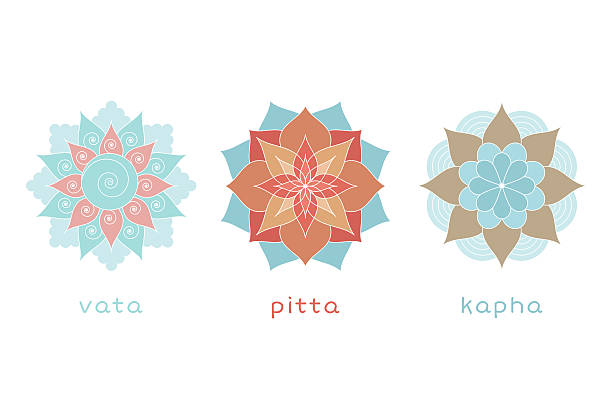Food as medicine-Ayurvedic perspective

Ayurveda, one of the world's oldest medical systems, recognizes the healing power of food and the important role it plays in maintaining good health. In Ayurvedic medicine, food is not just fuel, but is also used as medicine to help prevent and treat a wide range of health conditions.One of the key principles of Ayurvedic medicine is the idea of "like increases like" and "opposites balance." This means that certain foods can either aggravate or balance the different energies or "doshas" in the body. For example, spicy or pungent foods can increase the Pitta dosha, which is associated with fire and heat, while cooling and calming foods, like cucumber and coconut, can help balance it.In addition to considering the effects of individual foods on the doshas, Ayurveda also emphasizes the importance of eating fresh, whole foods and avoiding processed or refined foods. Eating a diet that is rich in fresh fruits, vegetables, whole grains, and lean proteins is recommended for maintaining good health and preventing disease.Ghee, a type of clarified butter, is also a staple in Ayurvedic medicine and is used as a cooking oil, as well as a treatment for dry skin and other skin conditions. Spices like turmeric, cumin, and coriander are also commonly used in Ayurvedic cooking, not only for flavor but also for their numerous health benefits.In conclusion, food plays a critical role in Ayurvedic medicine, and the right diet can help prevent and treat a wide range of health conditions. By eating fresh, whole foods, avoiding processed and refined foods, and incorporating healing spices and oils into your diet, you can harness the healing power of food and achieve optimal health and wellness. As with any new approach to health and wellness, it is always best to consult with a qualified practitioner to ensure that your diet is aligned with your individual needs and goals.